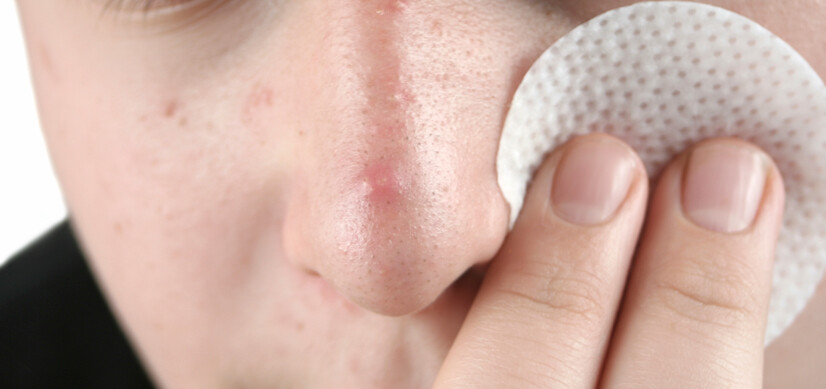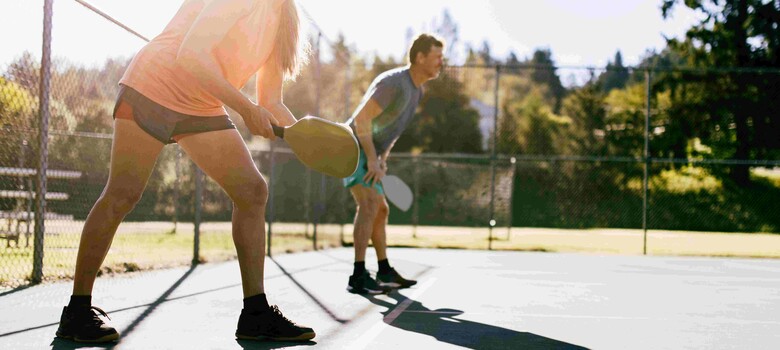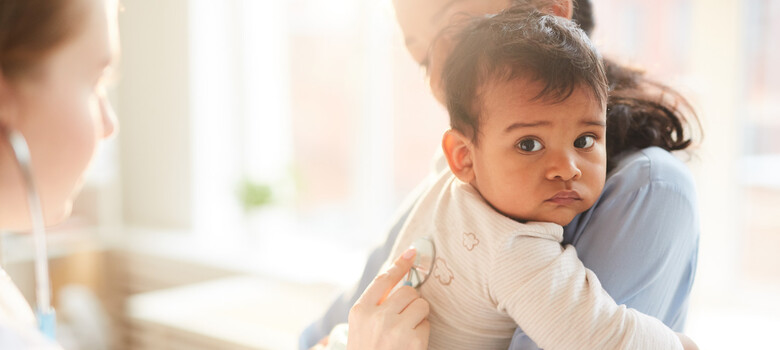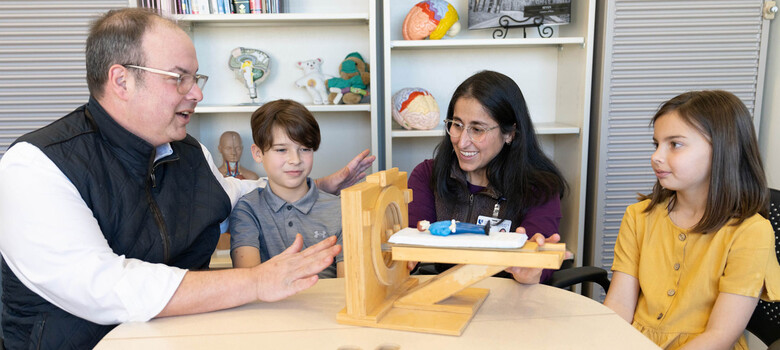 From the DukeHealth.org archives. Content may be out of date.
From the DukeHealth.org archives. Content may be out of date.
Easing Acne Angst

Approximately 85 percent of all teens -- more than 20 million nationwide -- have some type of acne. And its effects can be devastating.
Life isn't fair. If it were, teenagers -- who are already coping with the many perplexing changes that are the hallmark of adolescence -- wouldn't have to deal with acne on top of everything else.
"There is no single condition which causes more psychic trauma…more general insecurity and feelings of inferiority and greater psychic suffering than does acne vulgaris," says an article coauthored by noted dermatologist Marion Sulzberger. Though the words were written in 1948, they ring just as true today.
"Acne can cause real scars -- both psychological and physical," says Neil Prose, MD, a Duke pediatric dermatologist. "And when it persists into adulthood, it can continue to cause just as much anxiety.
"Yet acne is, by and large, a very treatable disorder. That's why it's essential that teens with acne be given an appropriate treatment regimen -- and get the encouragement and support they need to stick to it." Teens struggling with acne are often laboring under some common misconceptions. "There's a lot of mythology around acne," says Dr. Prose. "The fact is, it has nothing to do with any particular food -- such as chocolate or greasy foods like French fries -- and it's not caused by dirt. It's basically the result of hormonal changes that cause the production of oil and sebum in the skin. Pores will get clogged and then inflamed, causing acne pustules."
How to Treat Acne
Very mild acne, says Prose, can often be treated with over-the-counter preparations that contain benzoyl peroxide. Kids with moderate to severe acne, however, will benefit from a dermatologist's care. These days, a dermatologist's arsenal of acne treatments includes topical creams with antibacterial agents or other compounds that help unclog oil ducts, such as tretinoin (Retin A). For girls, certain birth control pills may also help clear up skin.
Adolescents with severe, scarring acne may require isotretinoin (Accutane). Prose calls it "a wonder drug" for very severe acne, but it must be used only in patients with very severe acne, and with caution. Among other side effects, isotretinoin can cause birth defects and depression.
A nutritious, balanced diet, exercise, and adequate sleep all contribute to better overall health -- and thus healthier skin. Girls with acne should stick to oil-free cosmetics, Dr. Prose says. Young people with skin problems should also minimize the use of items like athletic headbands and lighten their backpack load, as anything that blocks circulation can also aggravate the condition.
For those who don't emerge from adolescence unscarred by acne, clinical advances such as laser treatments and the injection of filling agents are helping to make acne scars a thing of the past.
In the meantime, says Dr. Prose, young people suffering the anxiety, low self-esteem, and other psychological effects of acne should seek professional help: "Today, we can offer many therapeutic options that can improve the condition and help make their middle school and high school years what they should be: a time for learning, developing important social skills, and just having fun."



